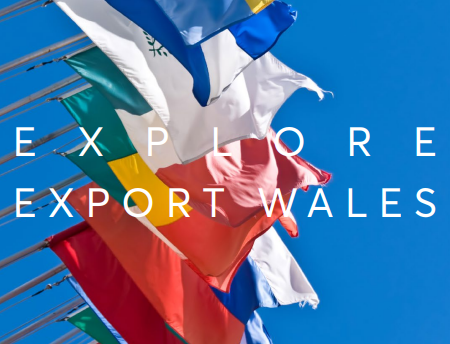Export Brochure
Learn about all of the export programmes and support services available to Welsh companies who are interested in exploring the benefits of exporting, or advancing an established export strategy.
Guidance and advice
If you're new to exporting or looking at new markets, there are some key things that you'll need to know. You'll also find a number of tools to help you develop your export knowledge / skills:


